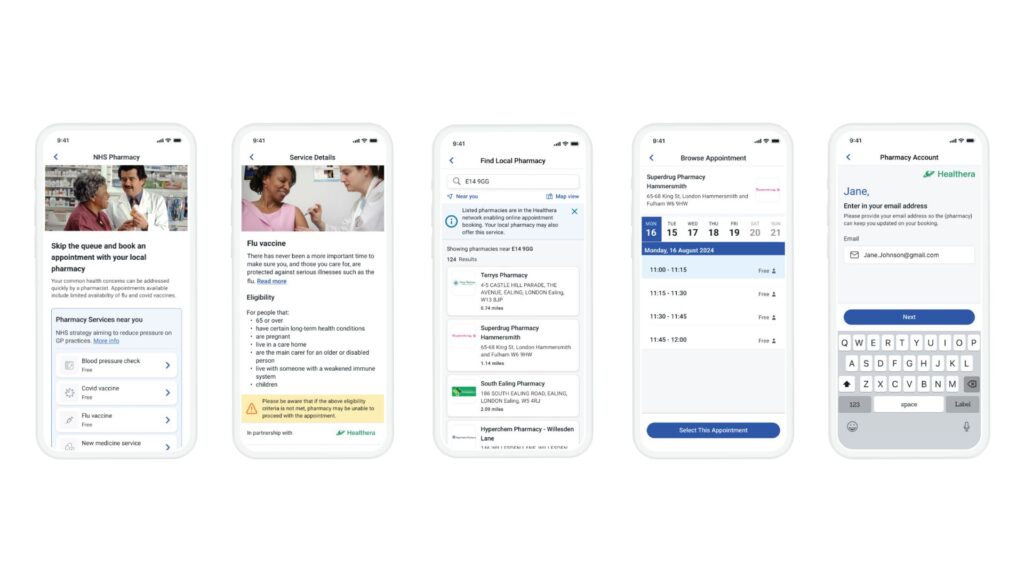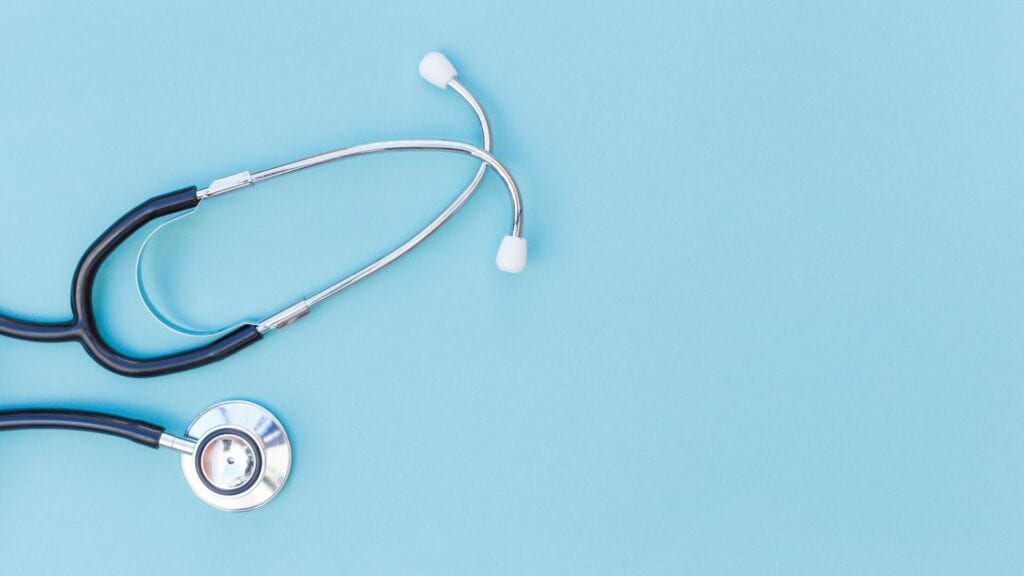About 1 in 4 people in the UK will experience a mental health problem each year.
Join us today on World Mental Health Day as we raise awareness about mental health issues around the world.
How many times have you responded to an “how are you?” without even thinking about the question itself, probably brushing it off with an “I’m fine, thank you”? – over the past years, many have discussed that social media is to blame, as people tend to compare themselves to others.
A study published by the Royal Society for Public Health has compared different online platforms to assess the impact they pose on our mental health.
They asked 1,479 people aged between 14-24 to score social media platforms across 14 mental health concerns such as providing emotional support, impact on self-identity and feelings towards body image.
Findings suggest that image-based platforms caused the most harm, with Instagram rated the most detrimental to mental health across the topics.
The platform has, however, responded to these results by addressing the user guidelines which then resulted into updating its features.
The NHS provides a number of services across the country to support people in managing and addressing mental ill health. There is a range of support available on and offline and a number of charities and not-for-profit organisations offering support and advice.
A further reminder of how media consumption can affect mental health was announced this week, as the NHS launched a clinic to help child computer game addicts, where GPs are able to refer young people for ‘gaming disorder’.
Highlighting the focus that has been put on managing and addressing the mental health of young people in the UK.
The report calls for several actions to support young people’s mental health when using social media, such as introducing lessons on safe social media in schools, more responsibility taken by the platforms to identify users who may be experiencing mental health problems and further research.
Please remember that it is very important to look after your mental health in the same way you look after your physical health.
If you or someone you know is struggling, call Samaritans for free, at any time (24/7) on 116 123 or email jo@samaritans.org.








